The urban gardens project is a collaboration between the GTP, Voortrekker Road Corridor Improvement District, social upliftment NGO MES, and urban gardens consultancy GrowHow. It is designed to breathe life into public spaces in the Bellville CBD and to create awareness of how the area is being revitalised. To achieve this, we implement various activations aimed at promoting the use of public space, including creating and maintaining urban gardens in the Bellville CBD.
Street-side gardens
One manifestation of this is the dilapidation and decay of some of the parklets and garden beds in the Bellville CBD — often a symptom of limited resources and neglected maintenance. We set out to change this by implementing an urban greening upgrade project, replanting the existing gardens in the area. Considering Cape Town’s constrained water resources, the gardens were designed to be water-wise, featuring beautiful and drought-resistant plant varieties that thrive with little water.
The project was delivered with GrowHow, MES and the VRCID. GrowHow provided knowledge of specific plants and expert horticultural advice. The MES team cleaned around the gardens and cultivated the soil. The VRCID assisted with facilitation, implementation and will also monitor and assist with the ongoing maintenance of the garden beds.
Volunteers replanted seven small gardens located in Cross and Blanckenberg Streets in the Bellville CBD. The gardens were replaced with more environmentally-appropriate and environmentally friendly plants. Dilapidated, unhealthy plants were removed. The beds are now home to various herbal and succulent florae which are checked and maintained regularly.
Safe Space urban food garden
In collaboration with social development NGO, MES, we created a 300sqm food garden at the Safe Space in the Bellville CBD. The project was conceived during the hard lockdown in 2020 by one of the clients at the Safe Space as a means to grow nutritious food, improve health and food security while enabling clients to earn a small income.
Horticulturist Paul Barker was appointed to run a 10-module training programme which started in February 2021. Under Barker’s guidance, the team learned to manage and sustain the food garden. Their training will continue, enabling project members to address the challenges of growing food in urban environments, and to help the project expand.
The garden will be expanded over time to around 600sqm. The project was initially started with the aim of supplying fresh produce to support a soup kitchen and feeding scheme for MES. Surplus produce will be sold to enable the team to earn money. The first crops were harvested in May 2021, yielding swiss chard, spinach, celery, turnip, spring onions, beetroot, kale chou molier and bush beans.
The lockdown last year highlighted the importance of food security in cities, especially for the more vulnerable members of our community. This garden is the first step towards addressing this issue. But, more importantly, it offers people the opportunity to develop skills that empower them to build more dignified lives.
The main benefit for clients at the Safe Space is the training and mentorship on offer. This will add a lot of value to their knowledge and could potentially empower them to become horticulturists in their own right.
The Safe Space was devised by the Voortrekker Road Corridor Improvement District (VRCID) and MES as a place for vulnerable and homeless people to find support, safety and hygienic facilities off the street, and to help them start their journey towards rehabilitation, reintegration into the community or reunification with their families. It was opened in 2017 and has become a model for other similar facilities across Cape Town.
For more information, or get involved in the urban gardens projects, get in touch.



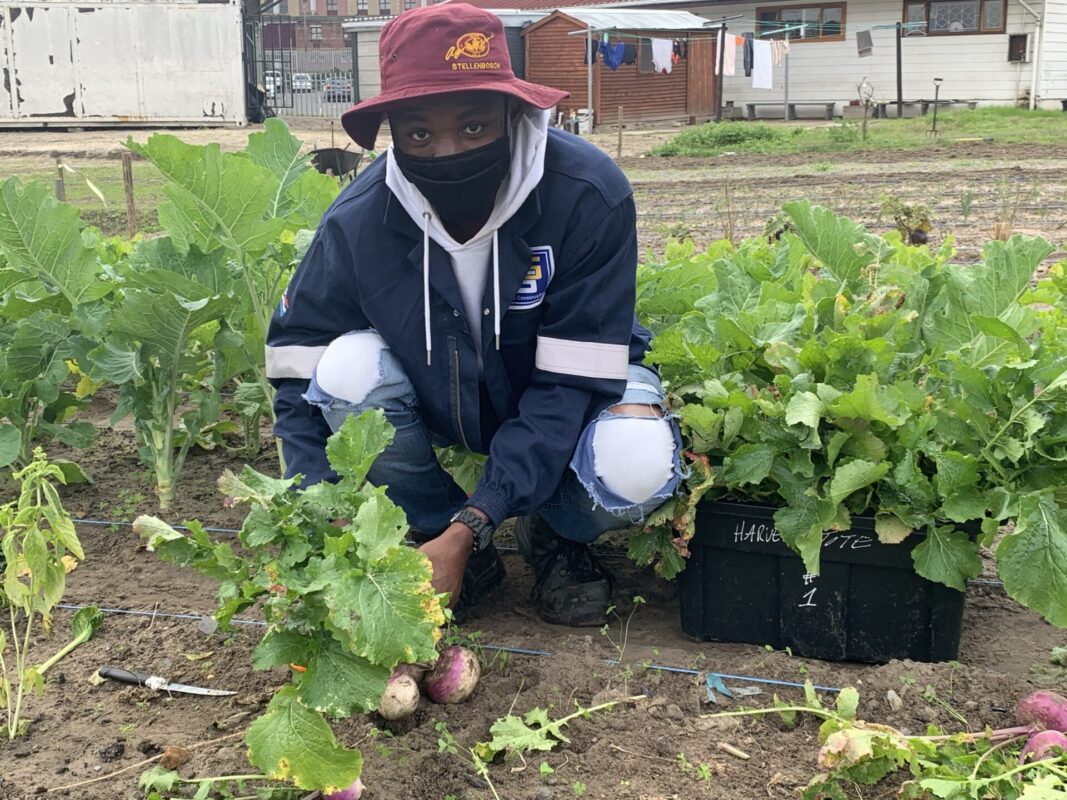
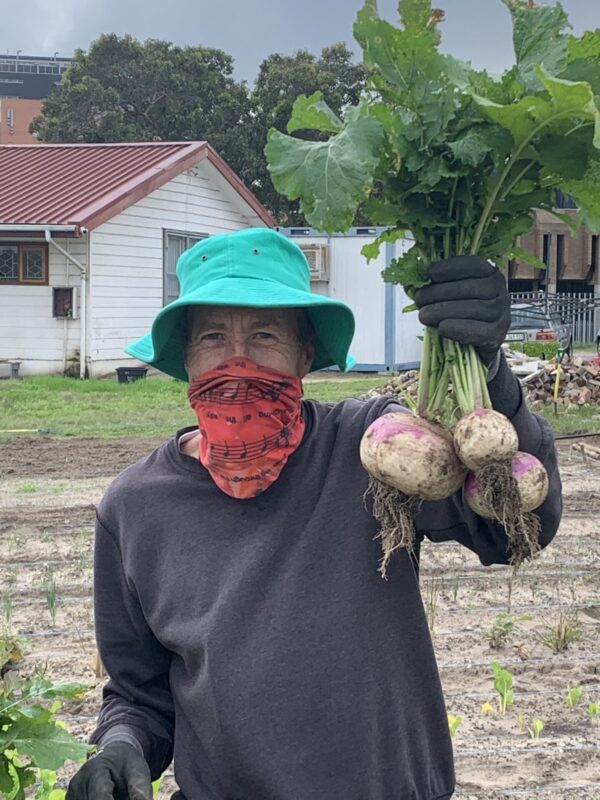
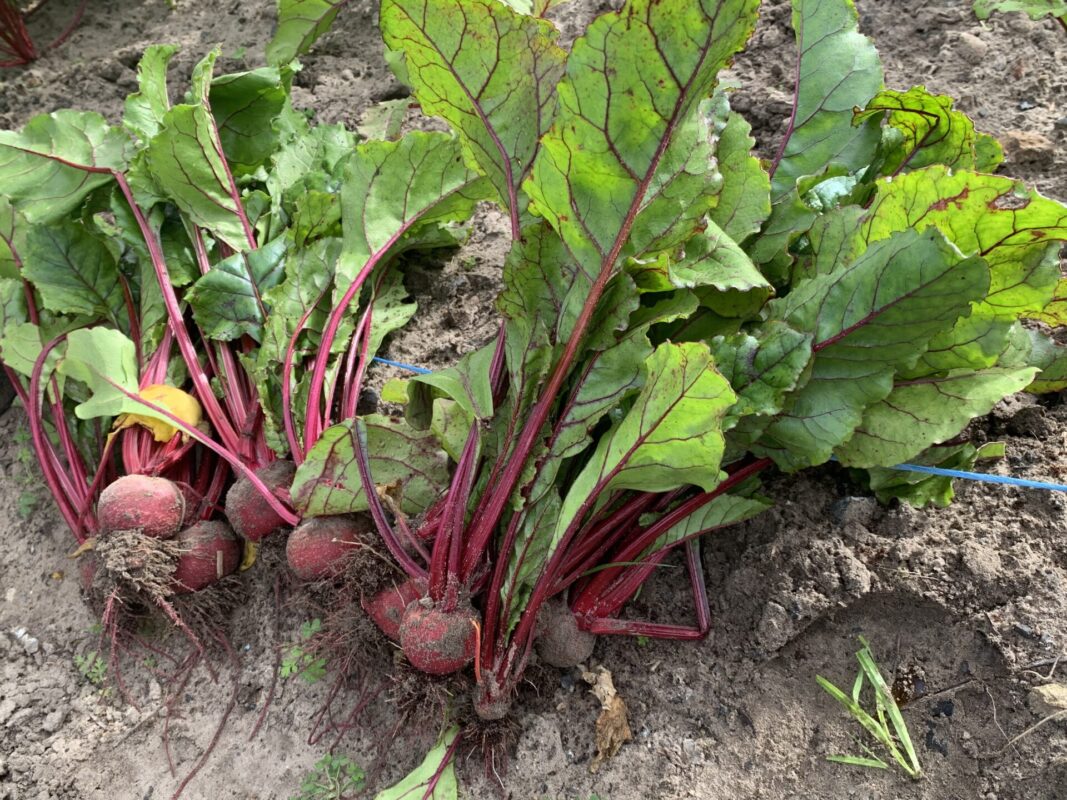
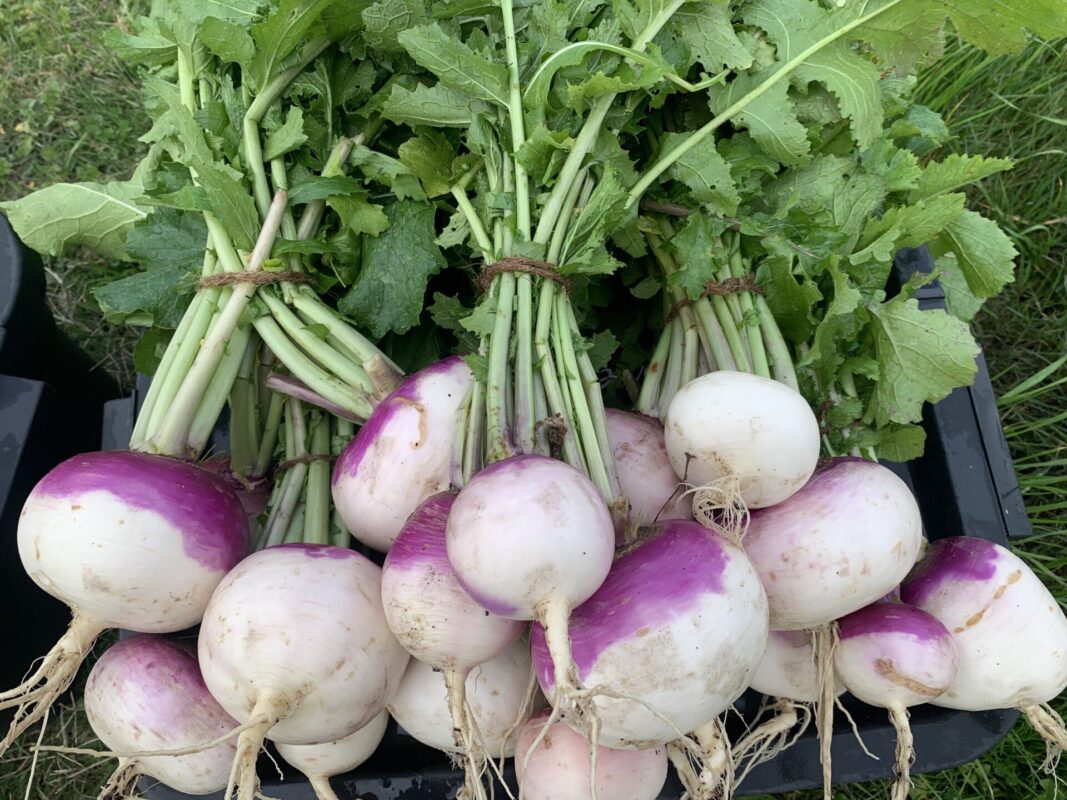
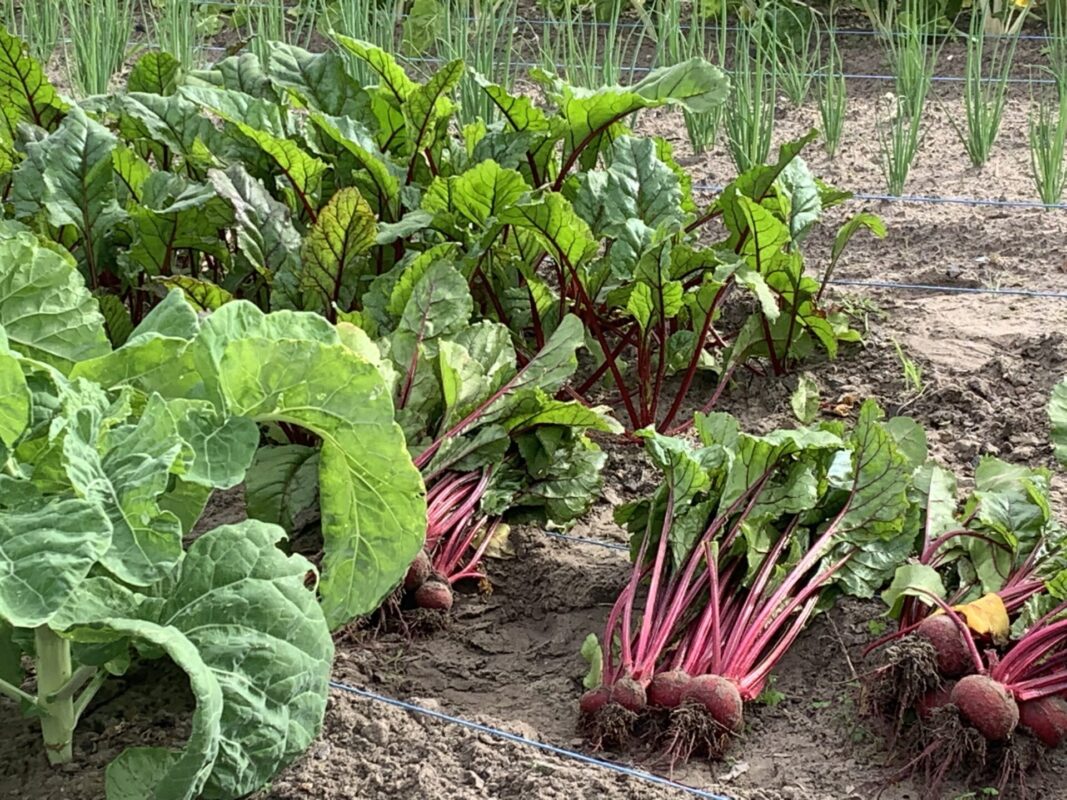


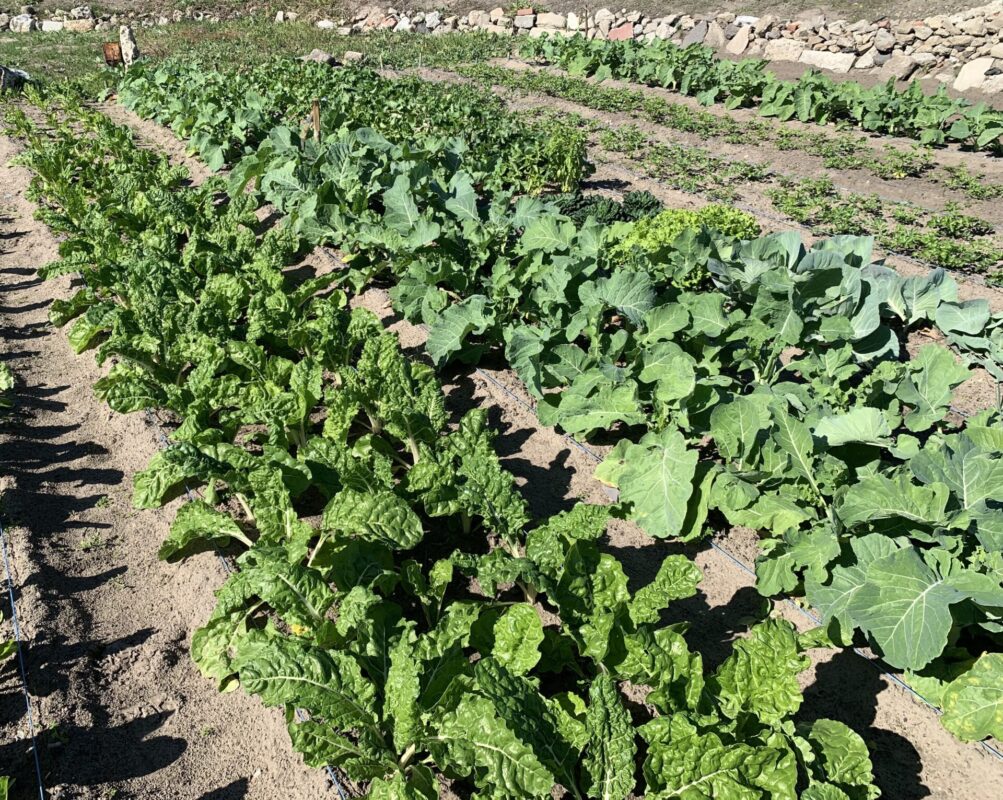

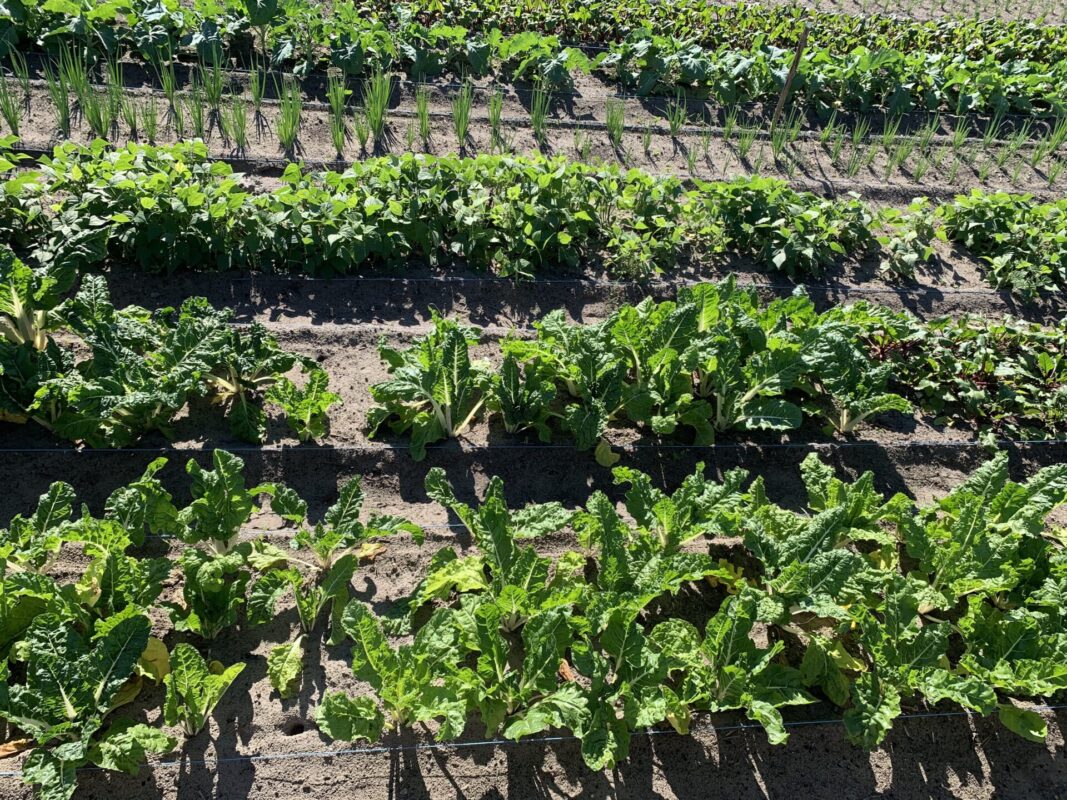
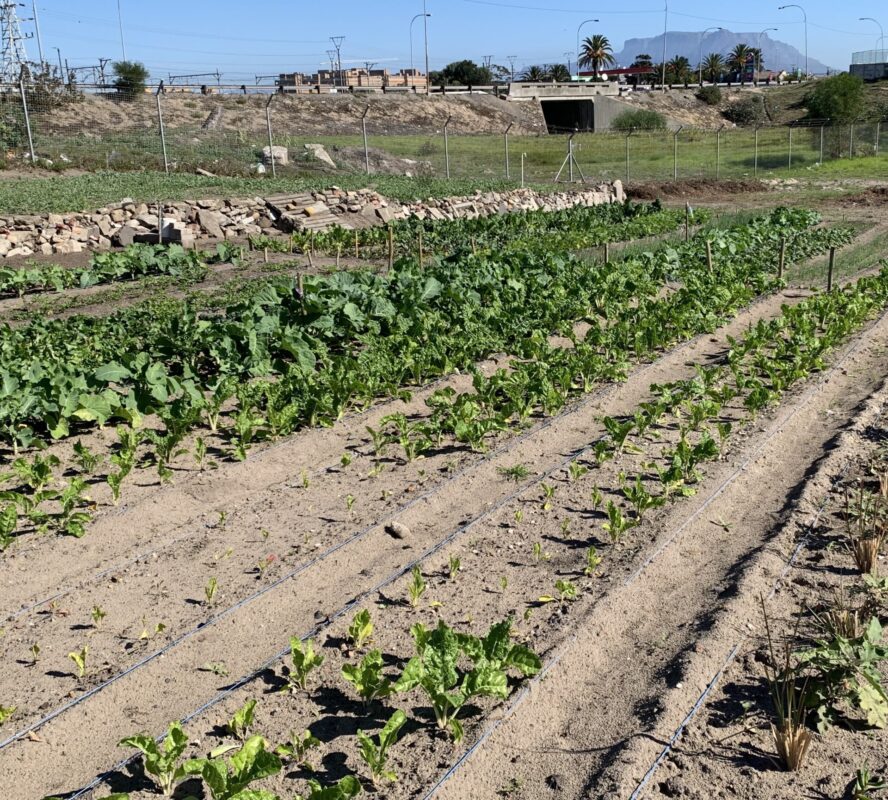
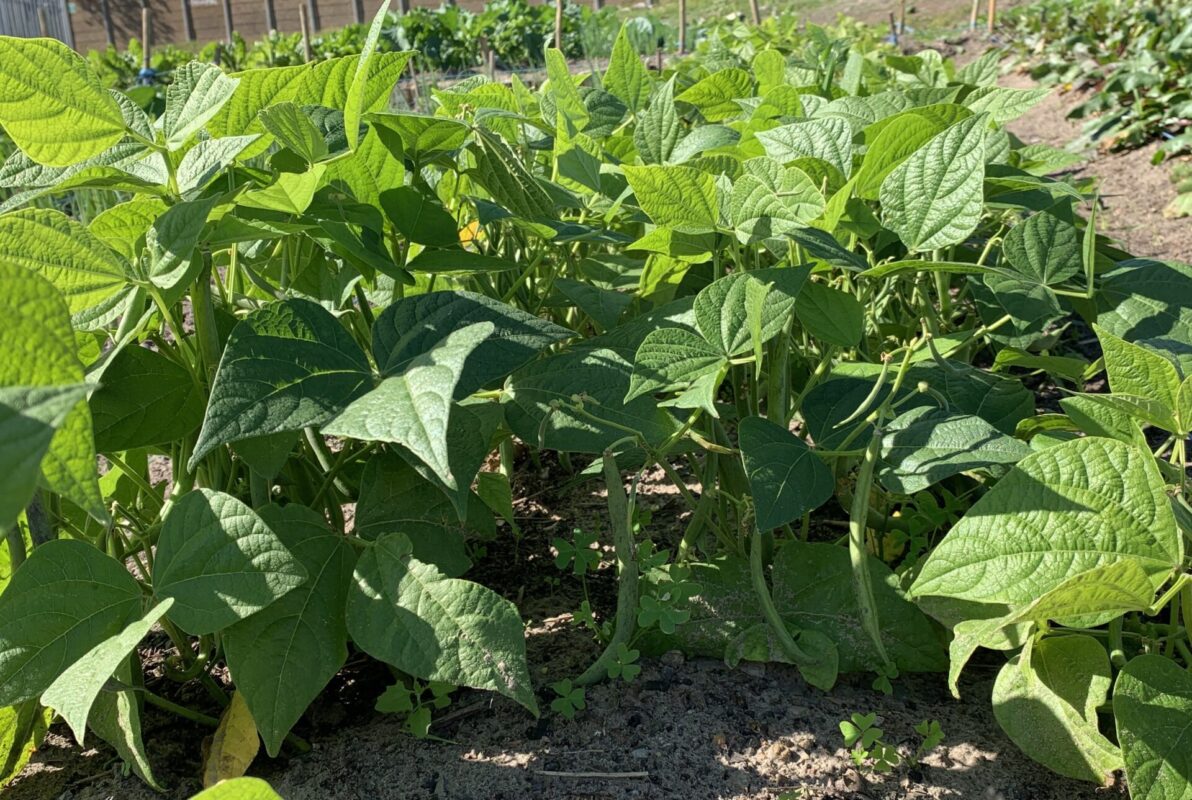
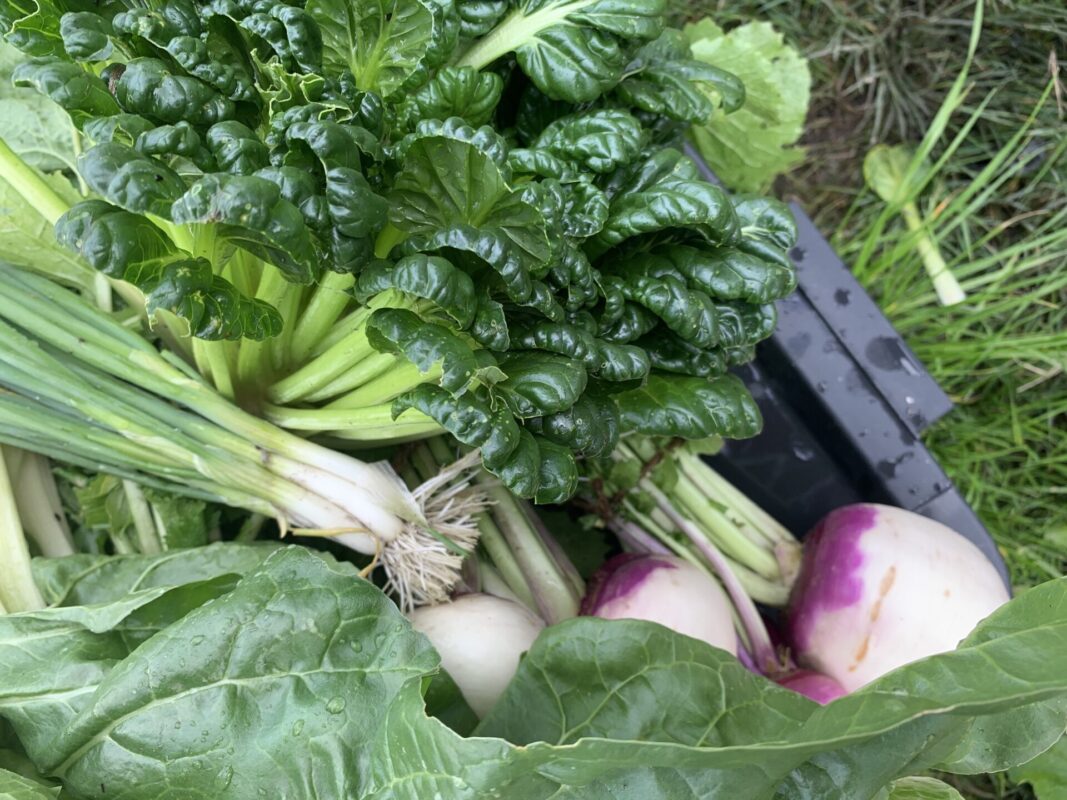
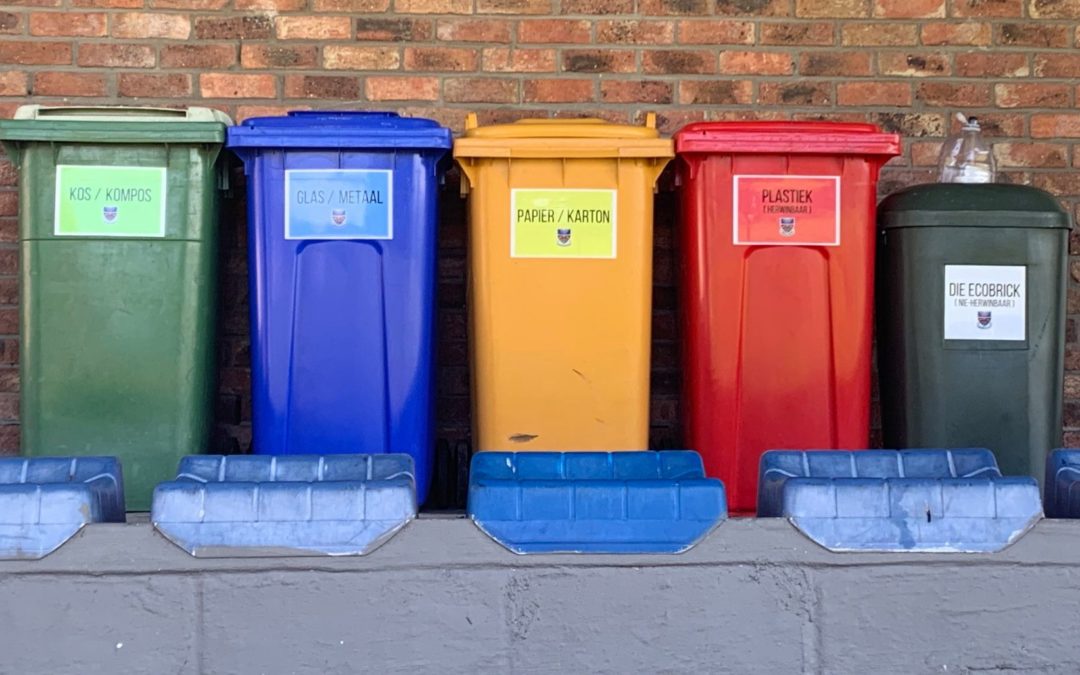
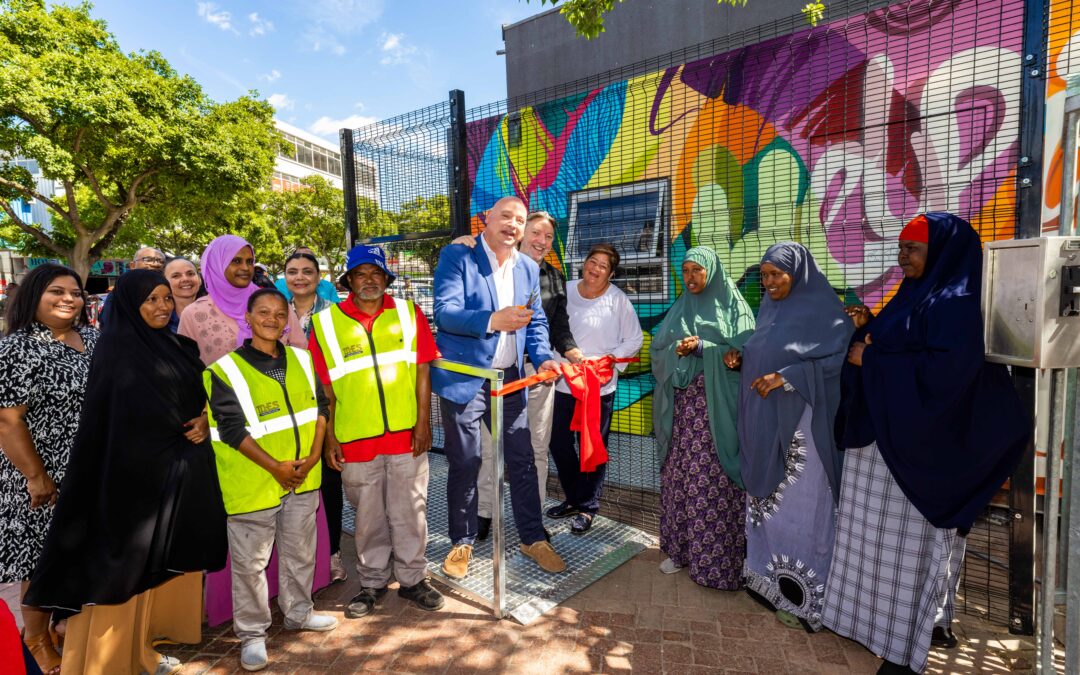
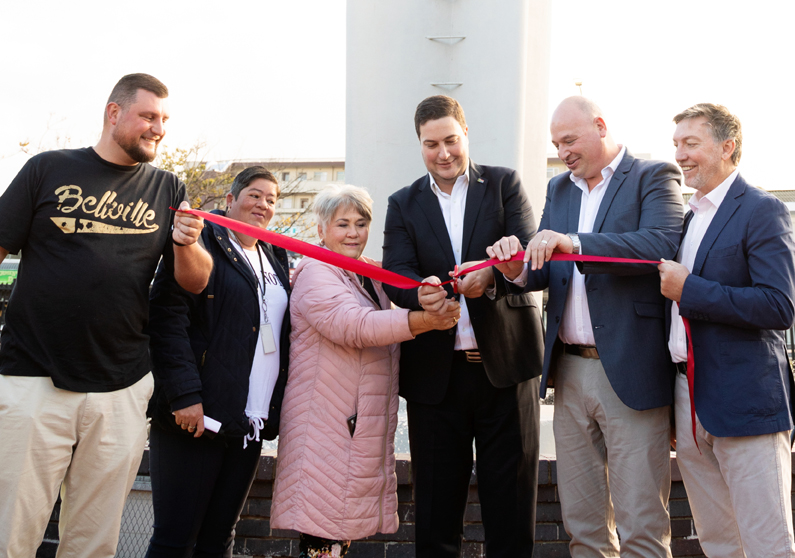
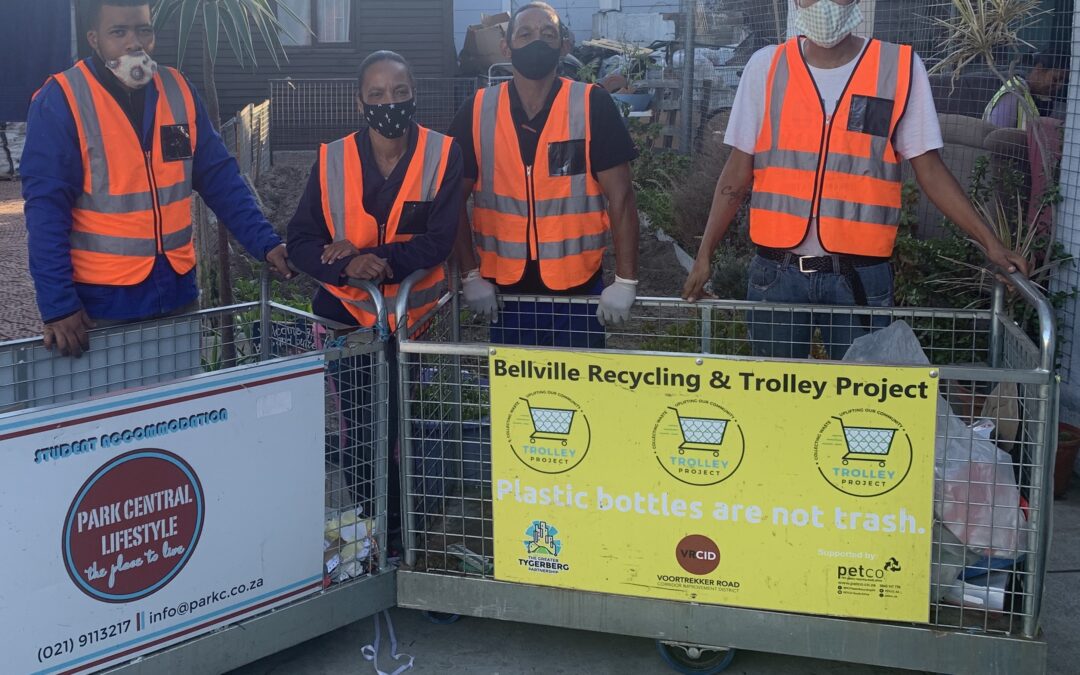
Recent Comments